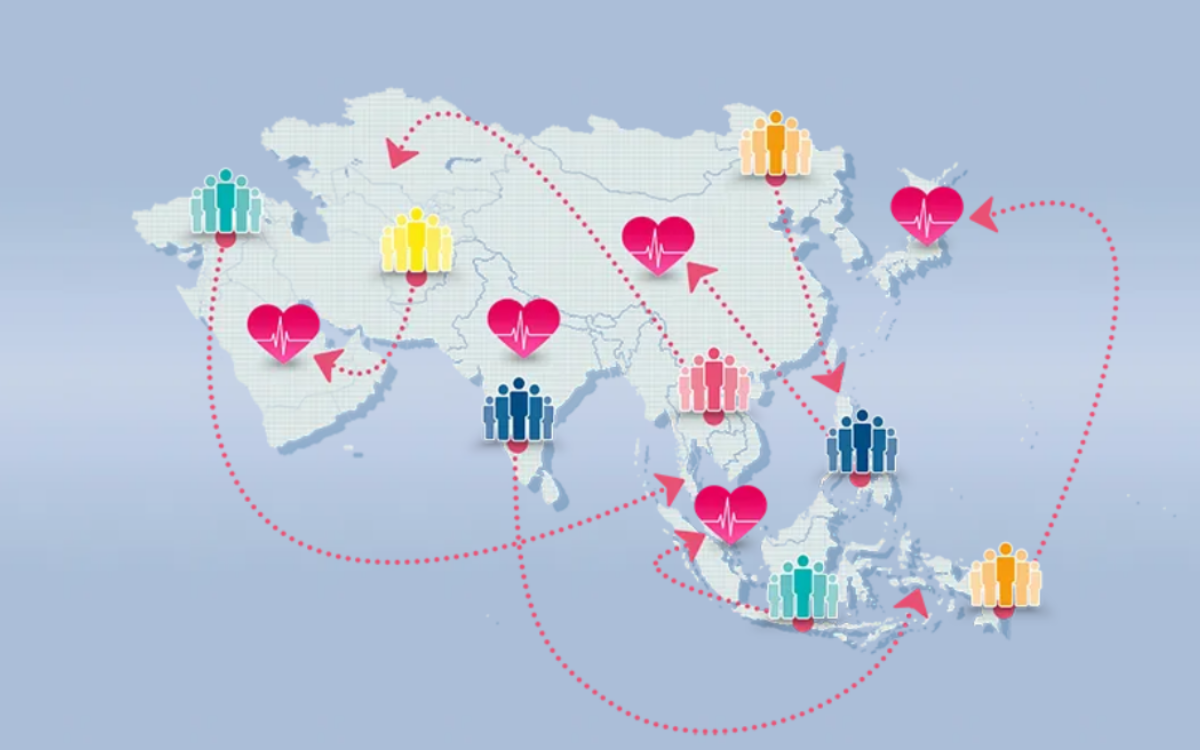The LeidenAsiaCentre, Konrad Adenauer Stiftung (KAS), and the IAFOR Research Centre at Osaka School of International Public Policy (IRC) are publishing an open access volume that examines how global health governance and international labour migration in Asia have evolved during public health crises. To visit the webpage of the project, click here.
Contagious viral diseases have affected the Asian continent in the past. However, the COVID-19 pandemic has had an unprecedented impact on the region. Intensive regional travel and business connections have highlighted the vulnerability of global health governance and international labour migration in Asia. Consequently, countries in the region have dealt with COVID-19 differently in the absence of clear and effective leadership, as the WHO’s role as a global health organization is coming under increasing pressure. International public health has become an arena of heavy contestation between global powers, and in a region that relies heavily on migrant workers, personal health security has become a transnational issue. Current policies were not designed with pandemics of this scale in mind, and their defects are showing.
In this volume and in this conference, authors and experienced experts will discuss these issues by examining how global health governance and international labour migration in Asia have evolved during public health crises. Specifically, by looking at how different countries in Asia have tackled COVID-19 through policy adjustments, how legitimacy was affected, and how public perceptions have changed. In doing so, we attempt to explain the long-term effects of the COVID-19 pandemic and discuss what needs to be done in the future to avoid similar disasters.
For more information and registration, please click the red button on the top of this page.



